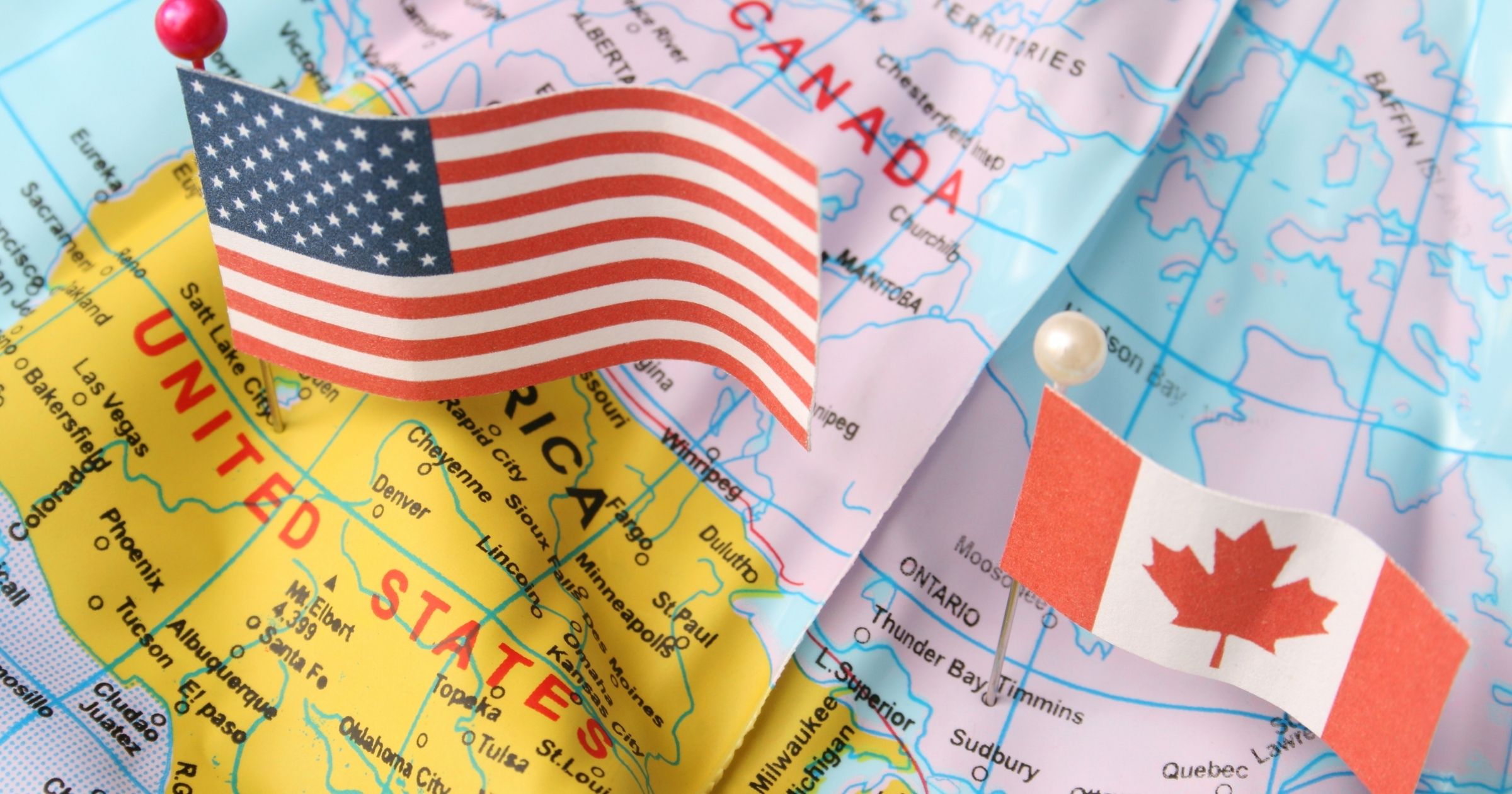Fully Vaccinated? CDC Updates Quarantine Guidance
The CDC have updated COVID-19 exposure guidance for those who have been fully vaccinated against the virus. We've outlined the latest information and how this new guidance relates to travel, as it currently stands.
Though the organization still recommends vaccinated persons continue to follow current guidance to protect themselves and others—wearing a mask, staying at least six feet away from others, avoiding crowds and poorly ventilated spaces, covering coughs and sneezes, washing hands often, etc.—quarantine procedures have changed.
The CDC now says that vaccinated persons with an exposure to someone with suspected or confirmed COVID-19 are not required to quarantine if they meet all of the following criteria:
- Are fully vaccinated (meaning more than two weeks following receipt of the second dose in a two-dose series, or more than two weeks following receipt of one dose of a single-dose vaccine).
- Are within three months following receipt of the last dose in the series.
- Have remained asymptomatic since the current COVID-19 exposure.
The CDC also says fully vaccinated persons who do not quarantine should still watch for symptoms of COVID-19 for 14 days following an exposure.
When it comes to testing and travel, you may be wondering if this guidance changes anything for international travelers arriving to the U.S. Do those who have had a COVID-19 vaccine or have tested positive for antibodies still need a negative COVID-19 test or documentation of recovery from COVID-19? The CDC says yes.
"At this time all air passengers traveling to the U.S., regardless of vaccination or antibody status, are required to provide a negative COVID-19 test result or documentation of recovery," the CDC says on its website.
The organization's online travel page has additional guidance, including the proper steps to take once travelers return from their adventures.
Courtesy of Groups Today.



